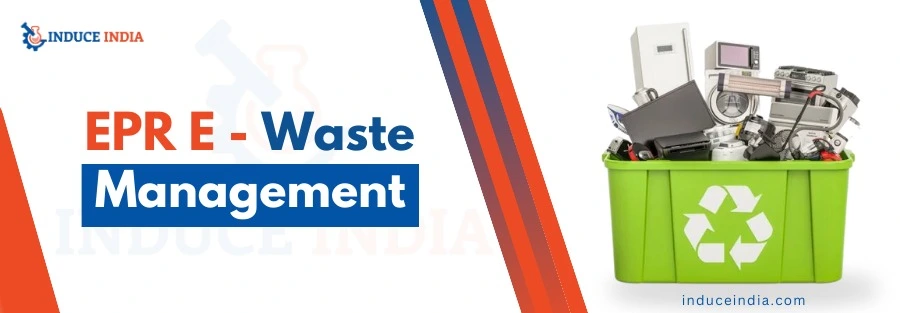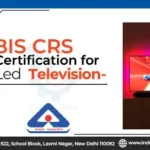Electronic items that are nearing the end of their “useful life” are sometimes referred to as “e-waste.” Common electronic products include computers, televisions, VCRs, stereos, copiers, and fax machines. Numerous of these items can be recycled, repaired, or reused.
The Electronic Waste Recycling Act of 2003 identified some components of the electronic waste stream and added administrative regulations to the systems for recovering and recycling them above and beyond the material handling universal waste regulations. For updates on laws, rules, and policies influencing the management of e-waste, please visit our regulatory information area. For a thorough description of the Covered Electronic Waste Recycling Program, please visit our program page.
What should I do with my outdated electronics?
Here, the maxim “Reduce, Reuse, Recycle” is applicable.
- Through wise purchasing and proper maintenance, you may lower the amount of electronic trash you produce.
- Reuse still-operational electronic equipment by giving it to someone who can still use it or selling it to them.
- Products that can’t be fixed should be recycled.
Why is EPR registration necessary for plastic waste and E-waste management?
Extended Producer Responsibility for Plastic Waste is an abbreviation for Extended Producer Responsibility for Plastic Waste.
Plastic trash EPR: Producers, manufacturers, brand owners, and importers are held accountable by EPR for collecting and recycling a set volume of plastics that they sell and distribute.
EPR Certification in India
Aside from e-waste management firms, people who import e-waste from other nations are awarded an EPR certificate for import in India.
Inventory Management
Recycling and disposal cover a wide range of equipment that is disassembled and pieces broken in-house, baled, or packed for shipping to downstream approved facilities in accordance with DOT requirements.
Advantages of Obtaining an EPR Certificate
Preventing Plastic Pollution
How Induce India Helps for EPR Certification
- Professional Team with Experience
- Minimum Project Time
- Workflow that is coordinated
- Supportive 24 hours a day, seven days a week.



